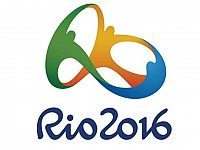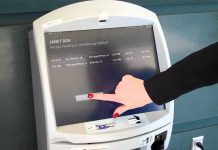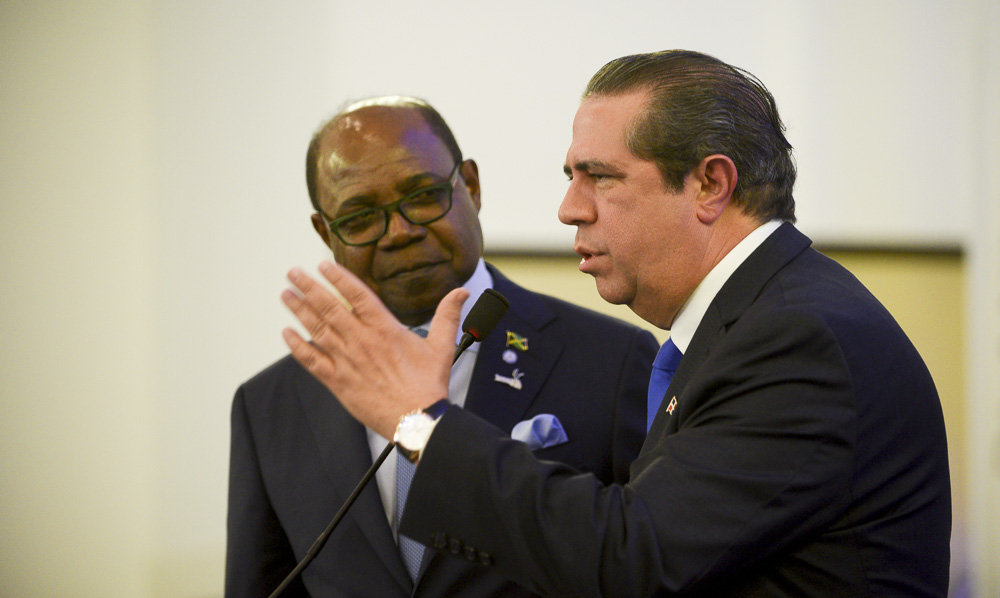
Brazil’s Tourism Minister announced the government’s intention to allow tourists from four countries to attend the Brazil Olympics 2016 without the need to apply for a visa.
Although initially the Brazilian Minister of Tourism, Henrique Eduardo Alves, had announced that the measure applied only to tourists from the US, which will provide most of the 1.5 million tourists expected for the event, other countries like Australia, Canada and Japan probably also expressed interest in obtaining that privilege for their citizens, a situation that would benefit the country’s tourism facing the economic crisis.
“We already know that the Canadian authorities want to enjoy the same advantages as the United States. There is also an interest from Japan and Australia, so we may end up extending it,” he stated on the government information website, Portal Brasil.
According to the minister, the plan, which was approved last week by the Lower House and is awaiting a Senate vote, “will let the world see the beauty of the country” and give a boost to tourism “which is the economic activity that generates jobs and revenue in Brazil the fastest,” and that “it will employ people from all social sectors, from waiters to taxi drivers, bar owners and large hotels.”
“Tourism has the potential to promote equality,” concluded the minister who is preparing to launch the ‘Olympic Year for Tourism’ initiative which, he said, “will take advantage of the Olympics 2016, the world’s biggest sporting event with 5 billion viewers worldwide and the sale of 11 million tickets, bringing visitors from 205 countries to Brazil.”
Brazils’ hotel industry alone generates 400,000 direct and 1.5 million indirect jobs. It also received one of the largest investments since the coalition government of the Workers Party (PT) in 2003, totalling 78 billion reals (about $20.39 billion).










